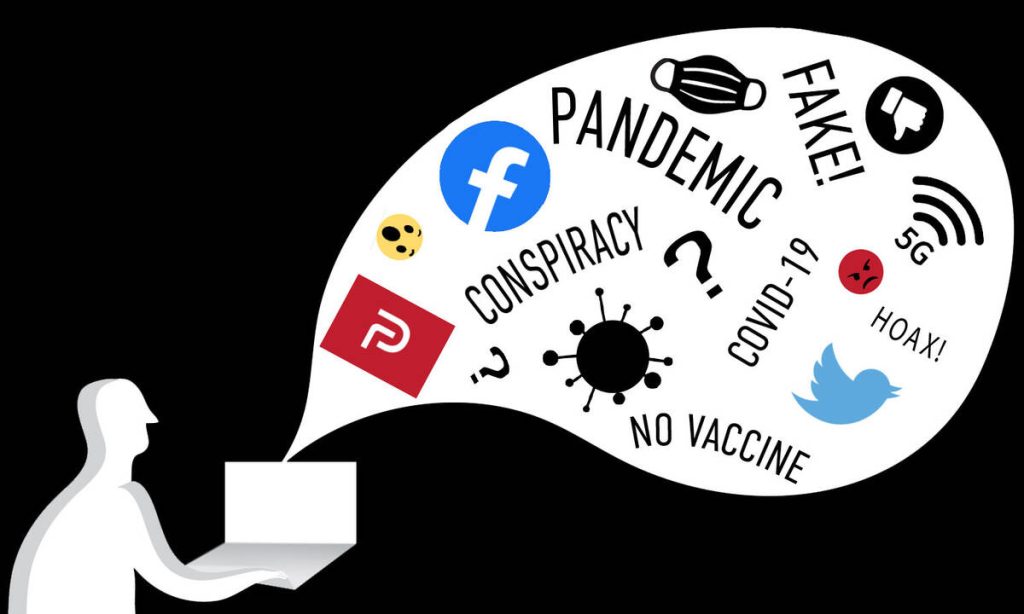Table of Contents
Conspiracy theories have long captivated human interest, from ancient legends to modern-day phenomena. These theories often involve hidden plots and secret organizations manipulating events behind the scenes. Despite lacking substantial evidence, conspiracy theories can gain significant traction and influence. This article explores the psychology behind conspiracy theories, examining why people believe in them, their psychological impact, and the societal implications.

1. The Appeal of Conspiracy Theories
The allure of conspiracy theories is deeply rooted in psychological and social factors. Understanding these can shed light on why such theories are so compelling.
- Cognitive Biases: Cognitive biases play a significant role in the acceptance of conspiracy theories. Confirmation bias, for example, leads individuals to favor information that confirms their preexisting beliefs and disregard contradictory evidence. This bias reinforces existing suspicions and fuels belief in conspiracies.
- Pattern Recognition: Humans have a natural tendency to identify patterns and make connections, even where none exist. This pattern recognition can lead people to perceive conspiracies in unrelated events, linking them to a larger, unseen agenda.
- Need for Control: Conspiracy theories can offer a sense of control in a chaotic world. Believing that events are orchestrated by powerful entities can be comforting, providing a clear explanation for complex or unsettling occurrences. This sense of control can be particularly appealing during times of uncertainty or crisis.
- Social Identity: Conspiracy theories can strengthen group identity by creating an “us vs. them” dynamic. Adherents often view themselves as enlightened individuals who understand hidden truths, distinguishing them from the “uninformed” masses. This social aspect can reinforce beliefs and foster a sense of belonging among believers.
2. Psychological Mechanisms Behind Belief
Several psychological mechanisms contribute to the persistence and spread of conspiracy theories.
- Ingroup Bias: People are more likely to believe conspiracy theories that align with their group’s worldview. Ingroup bias leads individuals to accept narratives that support their social or political identity, while dismissing conflicting information.
- Self-Esteem and Ego: Believing in conspiracy theories can serve as a boost to self-esteem and ego. It allows individuals to feel special or unique by possessing secret knowledge that others do not, enhancing their sense of importance and intelligence.
- Fear and Anxiety: Conspiracy theories can thrive in environments of fear and anxiety. When individuals face threats or stress, they may turn to conspiracy theories as a way to make sense of their fears and regain a sense of order and predictability.
- Misinformation and Echo Chambers: The internet and social media have amplified the spread of misinformation. Echo chambers, where individuals are exposed only to information that reinforces their beliefs, contribute to the proliferation of conspiracy theories. In these environments, misinformation is readily shared and accepted without scrutiny.

3. Impact of Conspiracy Theories
The impact of conspiracy theories extends beyond individual belief systems and can have significant social and psychological consequences.
- Erosion of Trust: Conspiracy theories can erode trust in institutions and authorities. When people believe that government agencies, media organizations, or other trusted entities are involved in secret plots, it undermines faith in these institutions and can lead to a broader societal distrust.
- Polarization and Conflict: Conspiracy theories can exacerbate social and political polarization. By promoting an “us vs. them” mentality, they can deepen divisions between different groups and contribute to conflict and hostility.
- Mental Health Effects: The belief in conspiracy theories can have adverse effects on mental health. The constant exposure to distressing or alarming narratives can increase anxiety and paranoia, affecting overall well-being.
- Behavioral Consequences: In some cases, belief in conspiracy theories can lead to harmful behaviors. For instance, individuals may refuse vaccines or engage in risky health behaviors based on misinformation. In extreme cases, conspiracy theories can inspire violence or other destructive actions.
4. Combating Conspiracy Theories
Addressing the spread of conspiracy theories requires a multifaceted approach, combining education, critical thinking, and improved communication strategies.
- Education and Critical Thinking: Promoting media literacy and critical thinking skills can help individuals evaluate information more critically and recognize misleading or false claims. Educational initiatives should focus on teaching people how to assess sources, verify facts, and think critically about information.
- Debunking and Fact-Checking: Providing accurate information and debunking false claims is essential in countering conspiracy theories. Fact-checking organizations and credible sources can help dispel misinformation and provide evidence-based explanations.
- Engaging with Empathy: Engaging with individuals who believe in conspiracy theories requires empathy and understanding. Instead of dismissing or ridiculing their beliefs, open and respectful dialogue can help address underlying concerns and provide accurate information in a non-confrontational manner.
- Strengthening Institutions: Rebuilding and reinforcing trust in institutions can help mitigate the appeal of conspiracy theories. Transparency, accountability, and effective communication from authorities and organizations can reduce the space in which conspiracy theories thrive.

5. Conclusion
The psychology of conspiracy theories reveals complex interplay between cognitive biases, social dynamics, and psychological needs. While conspiracy theories can offer comfort and a sense of control, they also pose significant risks to trust, social cohesion, and mental health. By understanding the psychological mechanisms behind these beliefs and implementing strategies to address them, society can work towards reducing the spread of misinformation and fostering a more informed and connected world.
